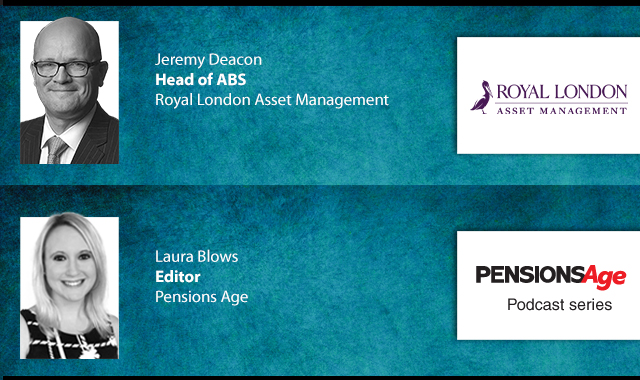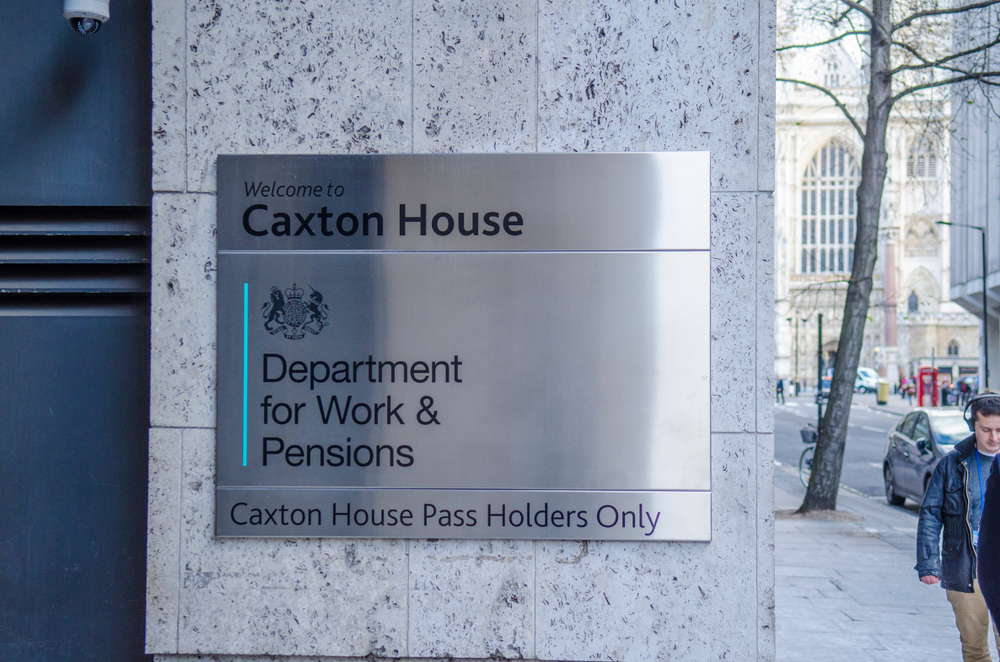Remaining in employment for an extra year could boost a typical retirement income by 16 per cent and help potential early retirees cope with the cost-of-living crisis, according to Aegon.
Aegon has calculated that an employee aged 60 with a pension of £200,000, could receive a retirement income of around £4,900 per year — based on an average figure of the top three annuity rates from the MoneyHelper annuity comparison tool.
However, deferring retirement for one year and continuing workplace pension contributions of £200 a month could mean the pension pot grows to £211,000, assuming investment growth of 4.25 per cent, after charges.
With one less year of retirement to spread the fund over, this could provide an income of around £5,700 per year, which is 16 per cent higher.
Using the same assumptions, the same individual could gain a yearly income of around £6,900 — an additional £2,000, or 41 per cent higher, should they delay retirement by three years.
Pushing retirement out by five years could mean that an annuity would be 73 per cent higher, with a pot reaching £259,600 and yielding a yearly income of around £8,500.
ONS data has shown that large swathes of the over-50 population have left the workforce since the start of the Covid-19 crisis, with retirement the overwhelming reason behind their decision.
Aegon research from December last year estimated that a quarter (25 per cent) of people had changed their plans for retirement since the pandemic and around 1 in 7 (15 per cent) had considered accessing, or had already accessed, their pension savings earlier than planned.
Aegon pensions director, Steven Cameron, said that soaring inflation has led to many early pandemic retirees relying on fixed incomes that are now under huge pressures as their purchasing power tumbles. At the same time, those drawing down their pension pots are at risk of depleting their savings earlier than planned.
“While some may not have the choice, individuals considering their future retirement options should consider the benefit of remaining in some form of employment," he said.
"Not only can employment offer a sense of purpose, but the financial benefits extend beyond maintaining your current income to increasing your future retirement income as well. This is due to the triple boost to your pension from continued investment returns on your pension pot, further pension contributions from you and your employer, and fewer years to spread the fund over once retired.”
Latest News
-
Now Pensions fined £100k in first TPR action against master trust for reporting failures
-
TPR publishes year two update on corporate plan; warns of ‘rapid changes’ and ‘significant uncertainty’
-
TPO closes 'record' number of cases in 2024/25
-
Early buyouts risk £3bn loss for FTSE 350 firms
-
Pensions adequacy review must not be ‘nobbled’ by Treasury, LCP warns
-
DB schemes ‘surge’ into hedge fund investment
A changing DC market
In our latest Pensions Age video interview, Aon DC senior partner and head of DC consulting, Ben Roe, speaks to Laura Blows about the latest changes and challenges within the DC sector
Being retirement ready
Gavin Lewis, Head of UK and Ireland Institutional at BlackRock, talks to Francesca Fabrizi about the BlackRock 2024 UK Read on Retirement report, 'Ready or not. How are we feeling about retirement?’
Podcast: Who matters most in pensions?

In the latest Pensions Age podcast, Francesca Fabrizi speaks to Capita Pension Solutions global practice leader & chief revenue officer, Stuart Heatley, about who matters most in pensions and how to best meet their needs
Podcast: A look at asset-backed securities

Royal London Asset Management head of ABS, Jeremy Deacon, chats about asset-backed securities (ABS) in our latest Pensions Age podcast
© 2019 Perspective Publishing Privacy & Cookies












Recent Stories